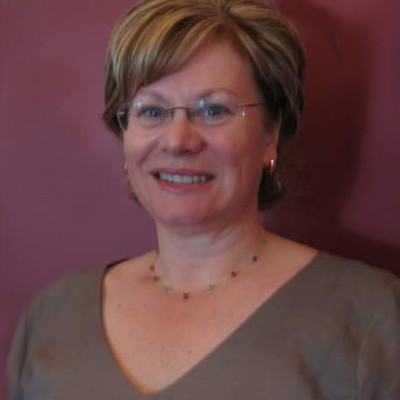 Senior Nurse Consultant, Creutzfeldt-Jakob Disease (CJD) Surveillance System
Senior Nurse Consultant, Creutzfeldt-Jakob Disease (CJD) Surveillance System
Public Health Agency of Canada
Rolande D’Amour’s passion for nursing and travel has taken her all over Canada, and abroad. In 2003, she went to Toronto to help with the SARS public health crisis. “Working on the SARS epidemic in Toronto had a huge impact on me. I went there twice to do chart reviews and I felt like I made a real contribution,” she told us. “When I look back at that time, what I really remember was the fear all around me. I saw the fear in the streets, everywhere. And I felt the fear myself. I will always remember that silence and the eerie feeling. After SARS, I decided I would never be afraid again.” That experience led Rolande to pursue her Master’s degree in nursing and, since then, she has never felt afraid again.
Rolande is currently a senior nurse consultant for the Public Health Agency of Canada's Creutzfeldt-Jakob Disease (CJD) Surveillance System, in Ottawa, Ontario. Creutzfeldt-Jakob disease is the most common form of human prion disease. Prion diseases are rare, fatal, degenerative brain disorders that are thought to occur worldwide in both humans and animals. The term CJD is often used to refer to all forms of human prion disease. In 1998, Health Canada launched a national CJD surveillance system to monitor for the disease in Canada. Rolande and her nurse colleagues manage about 100 CJD cases a year.
“I feel very lucky because I get to feel the impact of my work immediately,” Rolande told us. “I often prepare teams to work with a person who is suspected of having CJD and I make every effort to help make the case management smooth and efficient. I regularly speak directly with stakeholders, their families and the health care team.”
Visit Canada.ca to find out more about the work Rolande and her team are doing on the Creutzfeldt-Jakob Disease (CJD) Surveillance System.
For more stories like this, visit Women in Science.
